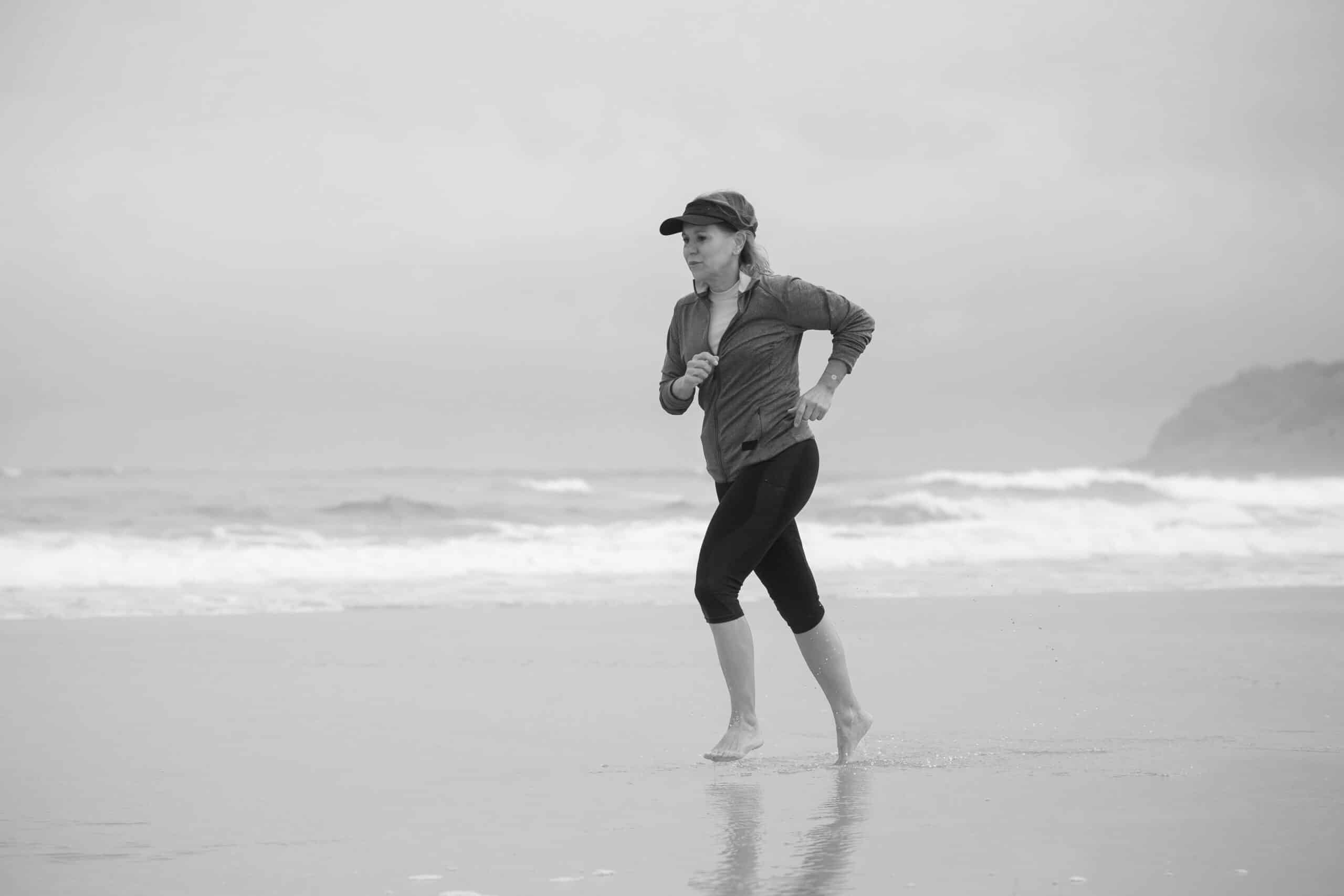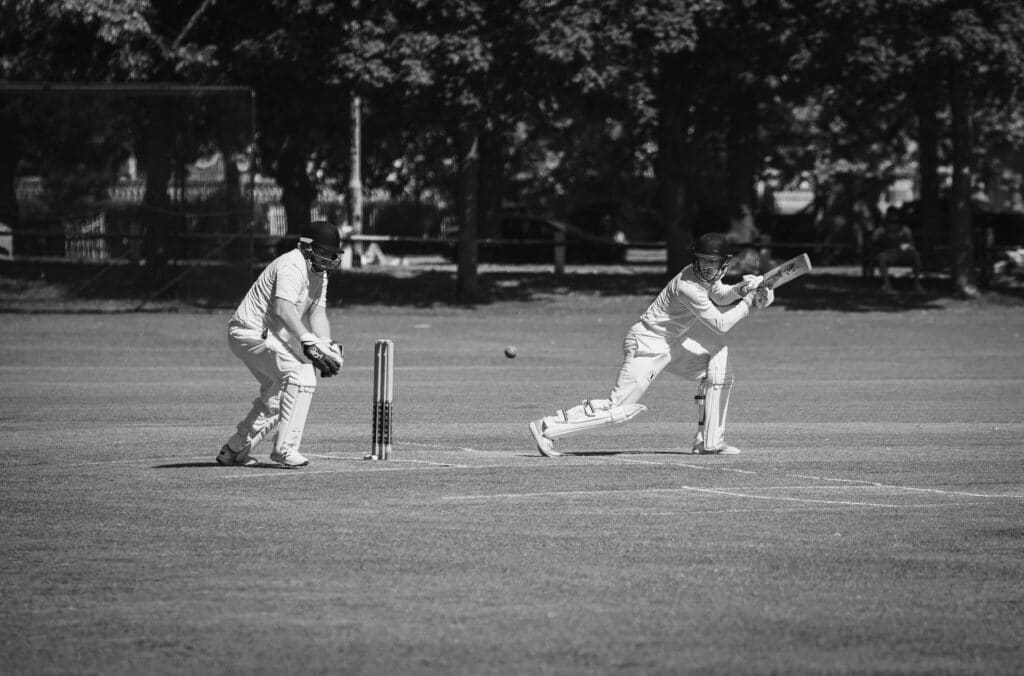Osteoporosis Treatment and Bone Health
What we’ll cover
Osteoporosis Treatment and Bone Health
Osteoporosis and osteopenia are medical conditions that are characterised by a reduction in bone density over time, which results in an increased risk of fractures. Decreases to bone density and bone health most commonly occur silently over time, often with no associated symptoms until fractures occur.
This makes it especially important to not only identify your potential risk factors of these conditions but also to ensure that you take the necessary precautions to reduce the likelihood of developing osteoporosis.
Our bones are constantly changing with cells that are designed to make new bone (osteoblasts) and cells that are resorbing bone (osteoclasts). Osteoporosis occurs when osteoclasts resorb bone at a higher rate than our osteoblasts create new bone, resulting in decreased bone density.
To ensure the stimulation of osteoblasts and to maintain adequate bone density, resistance exercise and weight bearing activities have been found to be the most effective prevention methods.
Physiotherapists are experts at developing a program specifically targeted at improving and maintaining your bone density. Our team at ME Physio work in conjunction with you and the members of your medical team, such as your GP, to safely address lifestyle factors, exercise and in some cases, medication.
What is the difference between osteoporosis and osteopenia?
Osteoporosis and osteopenia are both conditions that describe a decrease in bone density and bone health. The two terms are used to describe the severity and amount of bone density loss. Osteopenia is a precursor to osteoporosis and refers to a decrease in bone density, but not to a significant enough degree to be classified as osteoporosis.
Both conditions are asymptomatic, often developing silently until symptoms such as fracture occurs.
How do I know if I have osteoporosis?
The only way to identify osteoporosis or osteopenia is through a bone density scan known as a ‘DEXA’. This is a non-invasive scan that looks at the bone density around your lower back, pelvis and hip.
It is highly advised to investigate your bone density if you start to develop symptoms such as fractures, decrease in height, or an increase in stooped posture. However, it is recommended to investigate your bone density earlier if you are at a high risk of developing osteoporosis.
How do I know if I’m at risk of developing osteoporosis?
Common risk factors associated with the development of osteoporosis include:
- Menopause – especially early onset of menopause symptoms.
- Genetics – if you have a known family history of reduced bone density.
- Long term steroid use – common medications that have steroids include asthmatic medication.
- Age – a decrease in bone density and bone mass is commonly observed over the lifespan.
- Medical conditions affecting your ability to absorb certain food groups – this includes conditions such as Celiac Disease.
- Excessive alcohol consumption.
- Excessive smoking.
What are some of the treatments for osteoporosis in older adults?
The best treatment for osteoporosis in older adults is a combination of exercise, lifestyle changes, and in some cases, medication.
An individualised exercise program including strength and weight bearing exercises is the most effective way to manage osteoporosis. There are a number of exercise programs specifically designed for osteoporosis, such as the Onero program. However, recent research has revealed that it is most effective to develop a customised program specific for you since weight bearing exercise is relative to your previous exercise history.
If necessary, your GP will speak to you about medication designed at slowing down the rate of bony resorption. This can include the use of medication such as Prolia, which is an annual injection designed to slow down Osteoclastic activity.
If you are worried about your bone health or have recently been diagnosed with osteoporosis or osteopenia, our team at ME Physio are experts at delivering exercise programs specifically targeted at your bone health. To learn more about the best exercises for bone density click here.
To book an appointment with our physiotherapy team to get started, call our friendly team or book online today.


